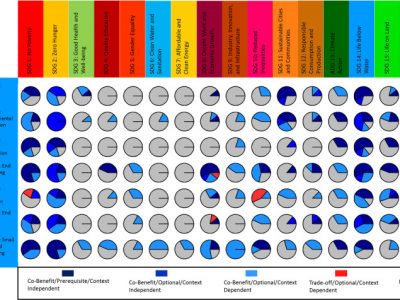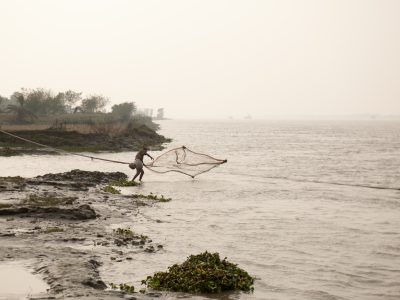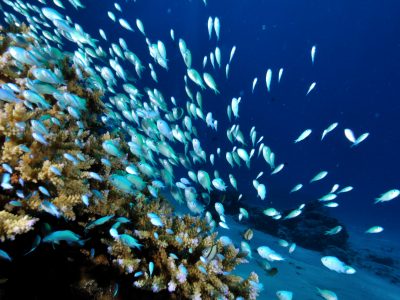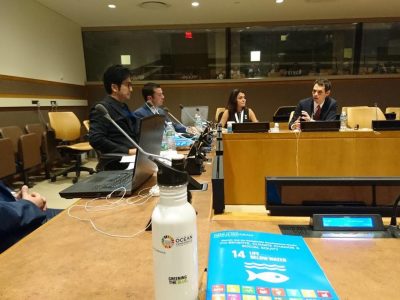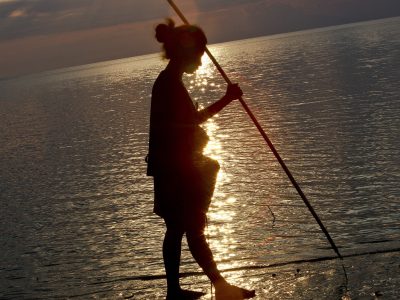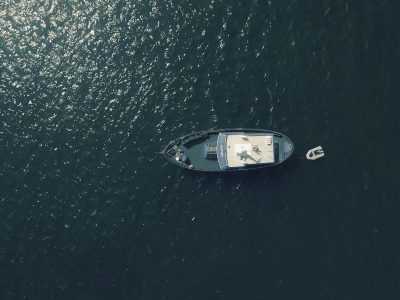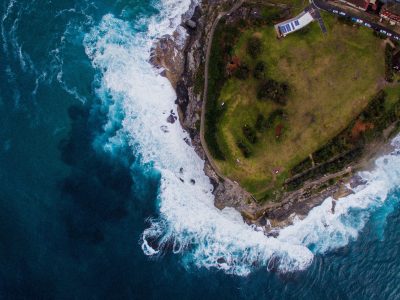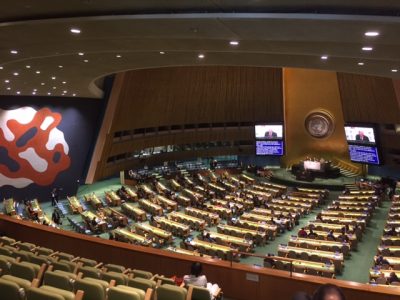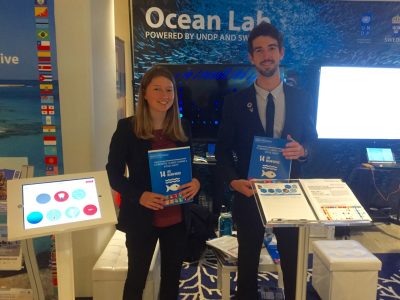A rapid assessment of co-benefits and trade-offs among Sustainable Development Goals
A new paper, ‘A rapid assessment of co-benefits and trade-offs among Sustainable Development Goals‘, has been published in Marine Policy and includes contributions from various Nereus affiliates. This study highlights how achieving SDG 14: Life Below Water targets contributes to the accomplishment of other SDGs



